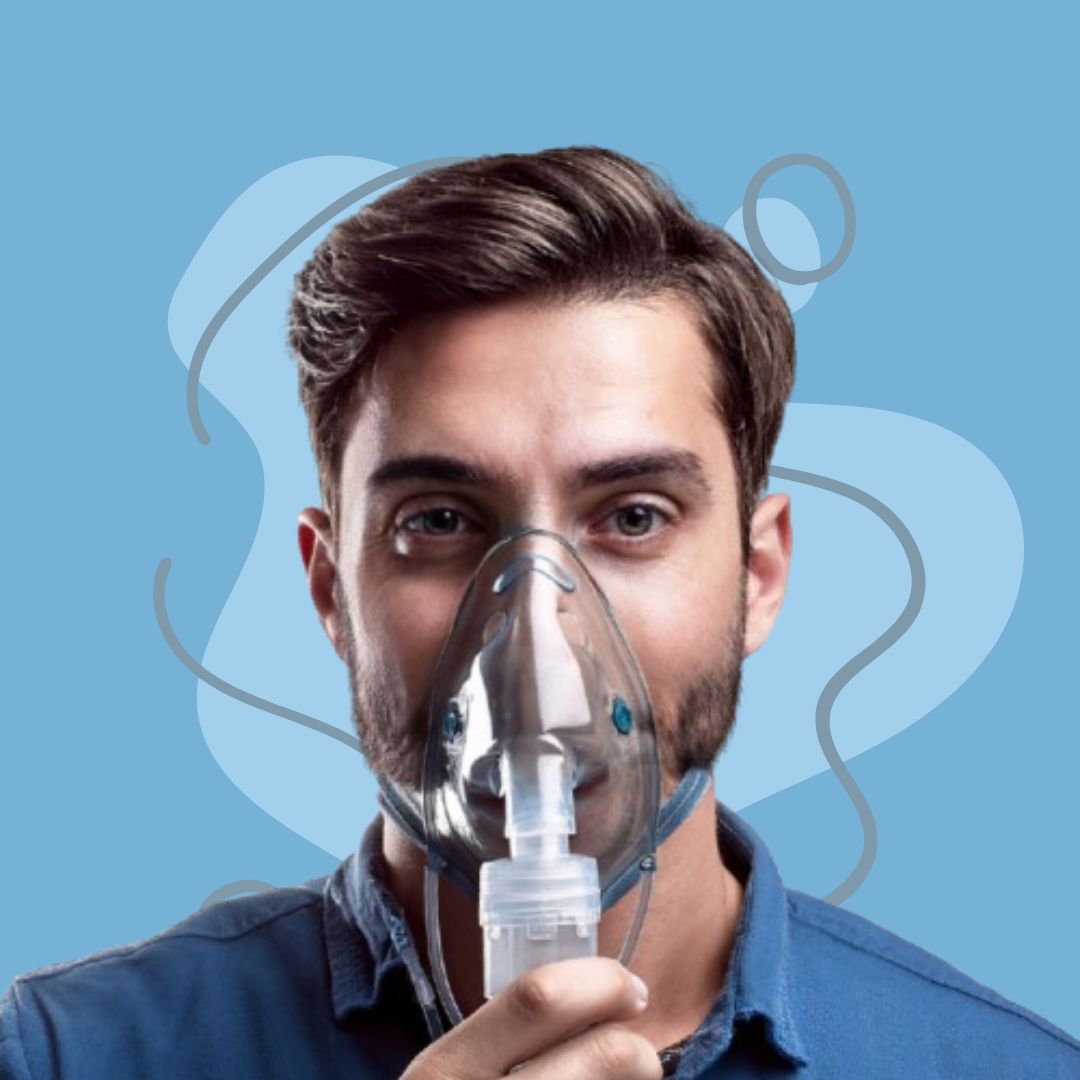













CHIKITSA CLINIC is a multidisciplinary day care centre with specialty and super specialty doctors committed to providing personalized & high-quality care in a state-of-the-art facility. With a focus on patient well-being, we offer a wide range of services, from preventive care, routine check-ups and advanced diagnostic procedures, to specialized treatments and palliative (terminal illness) care
Opposite Adabari Bus Stand, Adabari, Guwahati 781012
70860-28-300/400/500
chikitsaclinic16@gmail.com
© CHIKITSA CLINIC. All Rights Reserved.
Designed by Technowell Services Pvt. Ltd